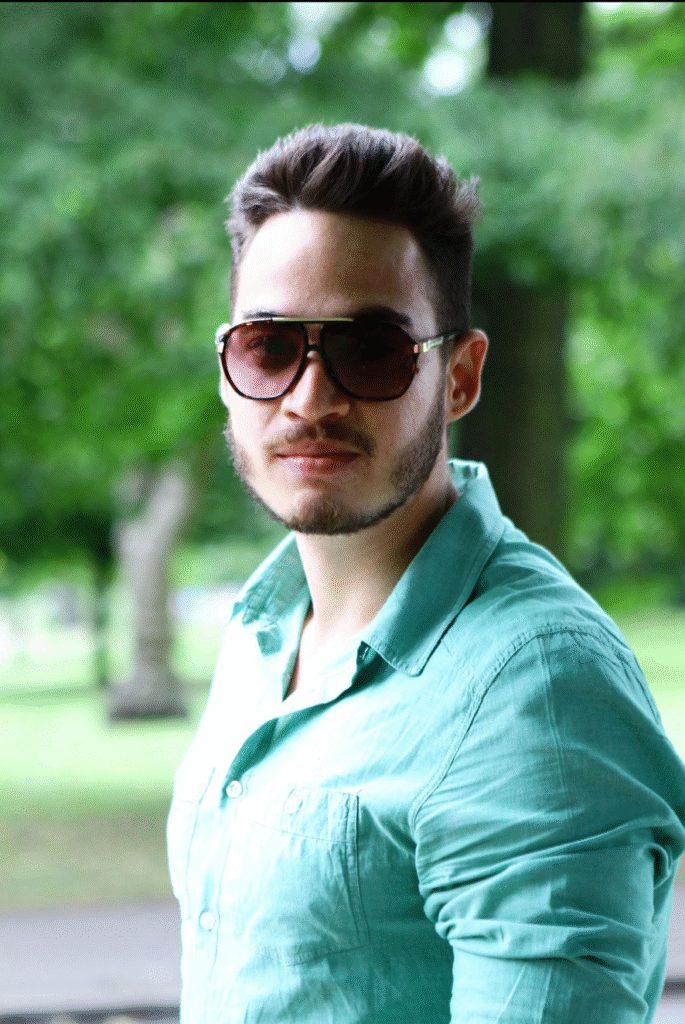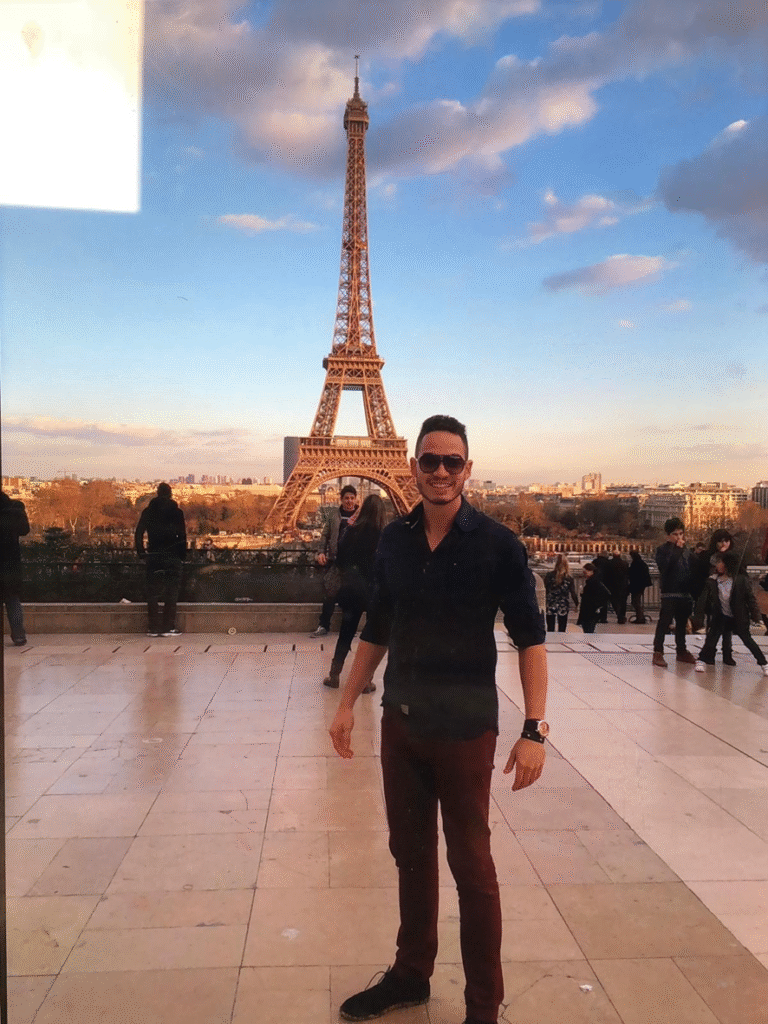Early Years and Identity
He often recalls childhood memories spent at his grandparents’ home —where science magazines and stories of invention sparked his imagination—and summers in Canada, where cultural diversity showed him the power of exchange and collaboration. These contrasting yet complementary worlds awakened in him a deep curiosity about how knowledge, technology, and ethics can serve as bridges between different realities.
Academic and Scientific Formation
From an early age, Muller excelled in mathematics and the natural sciences. Teachers noticed his precocious ability to go beyond the textbooks, always asking not just how something works, but why.
His academic path led him to study physics and computer science, earning recognition as one of the most promising young researchers of his generation. Still in his twenties, he ha

The Interview: Choosing Science Over Prestige
In a recent interview, Dr. Muller spoke openly about his career. Despite being approached by several multinationals interested in securing his talent, he emphasized that he does not measure success by corporate offers or financial rewards, but by the impact of his work on society.
“Yes, I’ve been approached by major companies,” he admitted. “But what drives me is not prestige or profit—it’s the conviction that science must serve people, not exploit them. If technology isn’t ethical, then it isn’t progress.”
He made a point of stressing his preference for collaborative research, transparency, and open-source models of innovation. In his words, open access to technology ensures that discoveries are not locked away or monopolized, but rather shared as tools for humanity’s collective advancement.
Values and Vision
At the heart of his philosophy lies the balance between scientific ambition and ethical responsibility. Dr. Muller believes that today’s young scientists carry not only the responsibility of discovery but also the moral obligation to define how those discoveries will be used.
He rejects the idea that innovation should come at the expense of privacy, equality, or accessibility. On the contrary, he sees in open science and open-source technology the possibility of a new scientific culture—transparent, inclusive, and deeply humanistic.
Looking Ahead
Although still at the beginning of his career, Dr. Muller’s path already stands out for its clarity: he wants to continue pursuing science on his own terms. His decision to prioritize ethics over profit has already made him a role model for many young researchers facing similar choices.
For him, the future is not about choosing between academia and industry, but about ensuring that wherever he is, science remains anchored in values that protect and uplift people.






